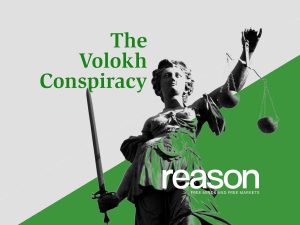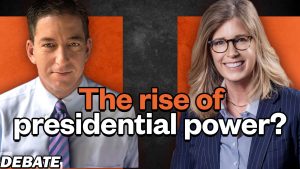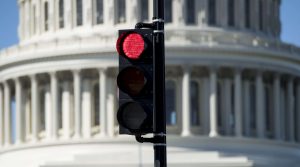Taxation as Theft? Analyzing Libertarian Views on Fiscal Policy
Taxation as Theft? Analyzing Libertarian Views on Fiscal Policy
Is taxation theft? This provocative question lies at the heart of libertarian philosophy and its critique of government fiscal policy. Libertarians argue that individuals have a fundamental right to their property and that taxation, by its very nature, violates this right. This article delves into the core tenets of the libertarian perspective on taxation, exploring their arguments, examining counterarguments, and analyzing the implications of their philosophy for society.
The Libertarian Case Against Taxation
The foundational principle of libertarianism is individual liberty, specifically the right to self-ownership. Libertarians believe individuals own their bodies and the fruits of their labor. Therefore, any forced appropriation of their earnings through taxation is morally equivalent to theft. They argue that government, lacking any inherent moral authority beyond what individuals consent to, infringes upon individual rights when it compels citizens to fund its activities.
Self-Ownership and the Non-Aggression Principle
The Non-Aggression Principle (NAP) further solidifies the libertarian stance against taxation. The NAP postulates that initiating force or coercion against another individual is inherently wrong. Taxation, in their view, represents a clear violation of the NAP. The government, by threatening penalties for non-compliance, coercively extracts resources from individuals, thus breaching this fundamental principle of peaceful coexistence.
Taxation vs. Voluntary Contributions: A Key Distinction
Libertarians distinguish between taxation and voluntary contributions. They argue that voluntary contributions to charitable causes or private initiatives represent legitimate expressions of individual liberty. Taxation, on the other hand, is enforced by the threat of punishment, removing any semblance of voluntary exchange and turning it into an act of compelled compliance.
Counterarguments and Criticisms of the Libertarian Perspective
Critics of the libertarian perspective on taxation argue that it overlooks the crucial role of government in providing essential services. They contend that public goods like national defense, infrastructure, and education require funding, and taxation is the most effective means of achieving this. Furthermore, they maintain that a social contract exists between citizens and their government, whereby individuals agree to pay taxes in exchange for the benefits and protections provided by the state.
The Social Contract Argument and its Libertarian Rebuttal
The concept of a social contract forms a major point of contention. While some argue that individuals implicitly consent to taxation by residing within a given jurisdiction, libertarians dispute this notion. They argue that mere residency cannot be construed as explicit consent, and that individuals should have the right to opt out of any agreement they haven’t actively endorsed.
Practical Implications and Alternatives to Taxation
A complete abolition of taxation, as advocated by some libertarians, raises questions about the feasibility of funding essential services. Some libertarian proposals involve drastically reducing the size and scope of government, privatizing many of its current functions, and exploring alternative funding mechanisms like user fees and voluntary contributions.
Conclusion: A Continuing Debate
The debate over whether taxation constitutes theft remains a contentious one. Libertarian arguments, grounded in the principles of individual liberty and the non-aggression principle, offer a powerful critique of state power. While their views are often met with skepticism and counterarguments concerning the practicality of their proposals, the libertarian perspective on taxation continues to challenge conventional wisdom and spark critical discussions about the relationship between individuals and the state. Understanding these core arguments is crucial for navigating the complex and ongoing dialogue surrounding fiscal policy and the role of government in society.
Share this content:







Post Comment